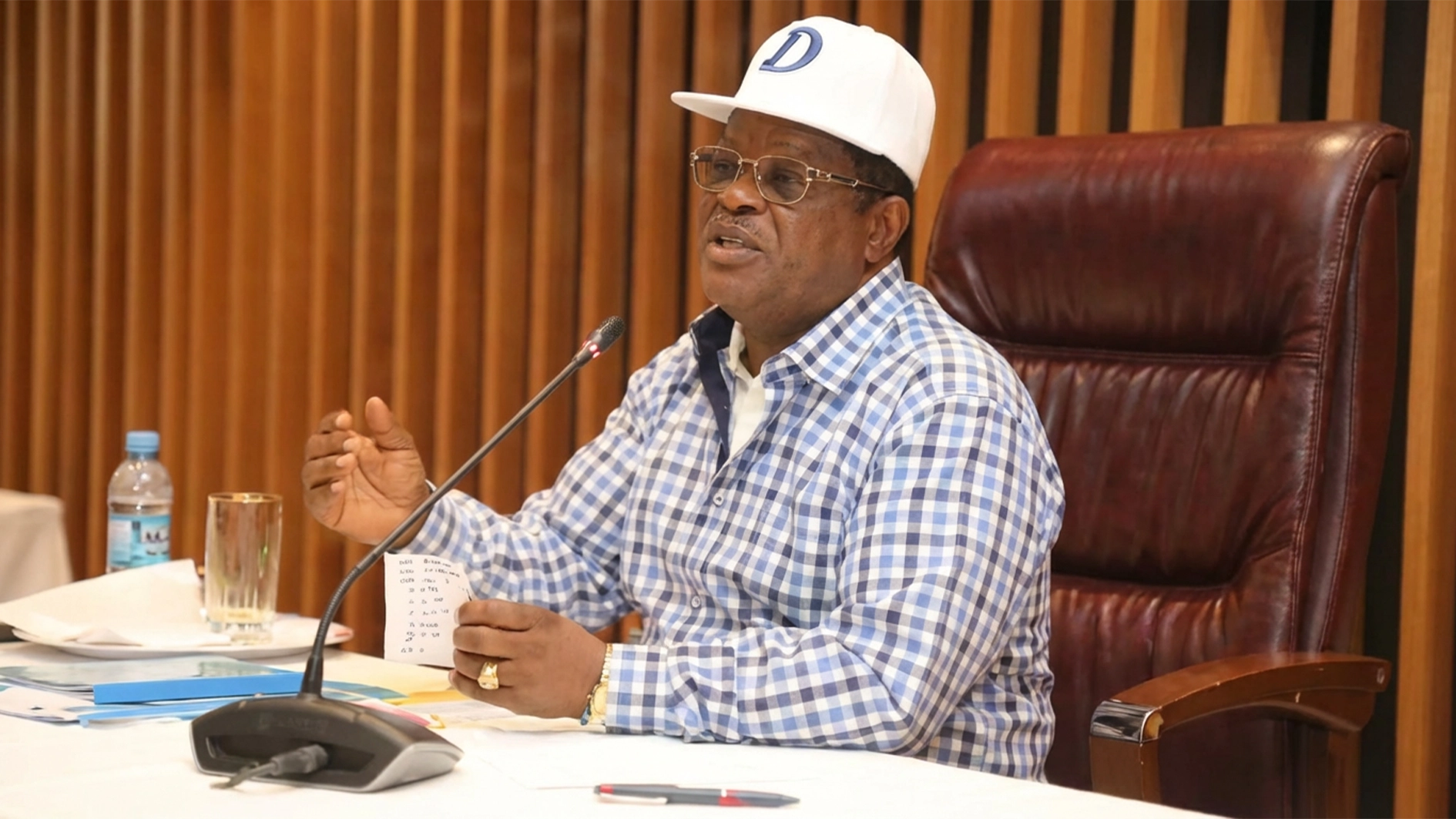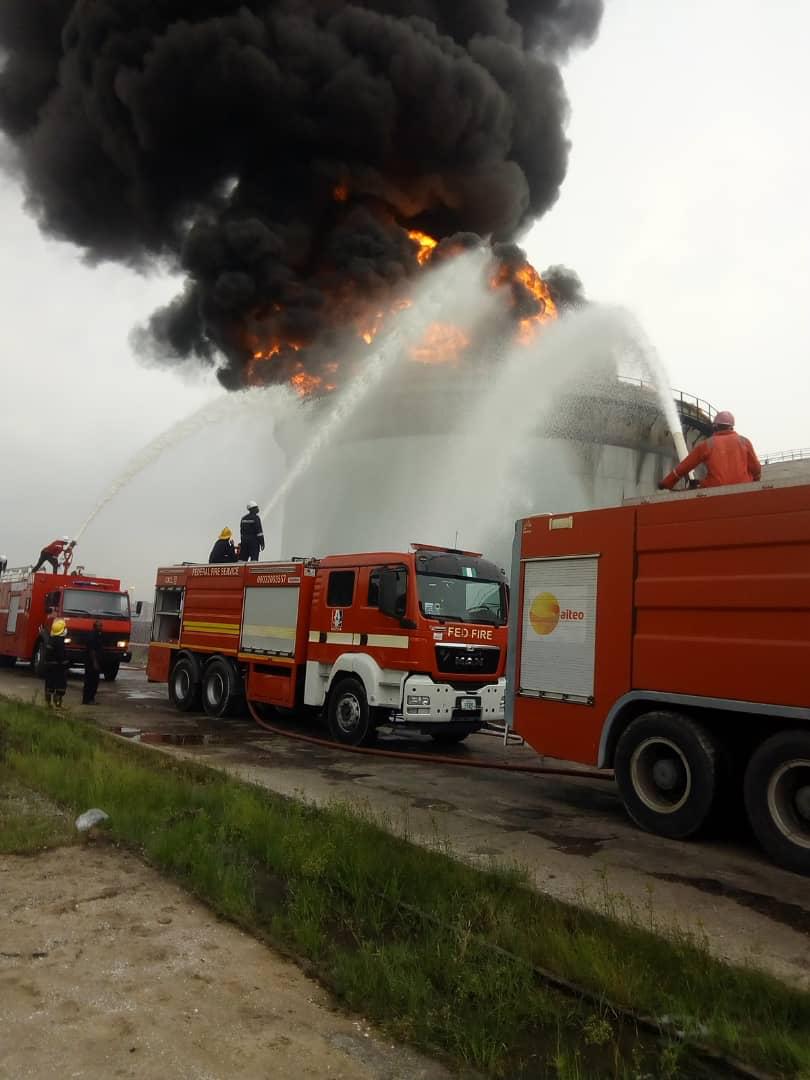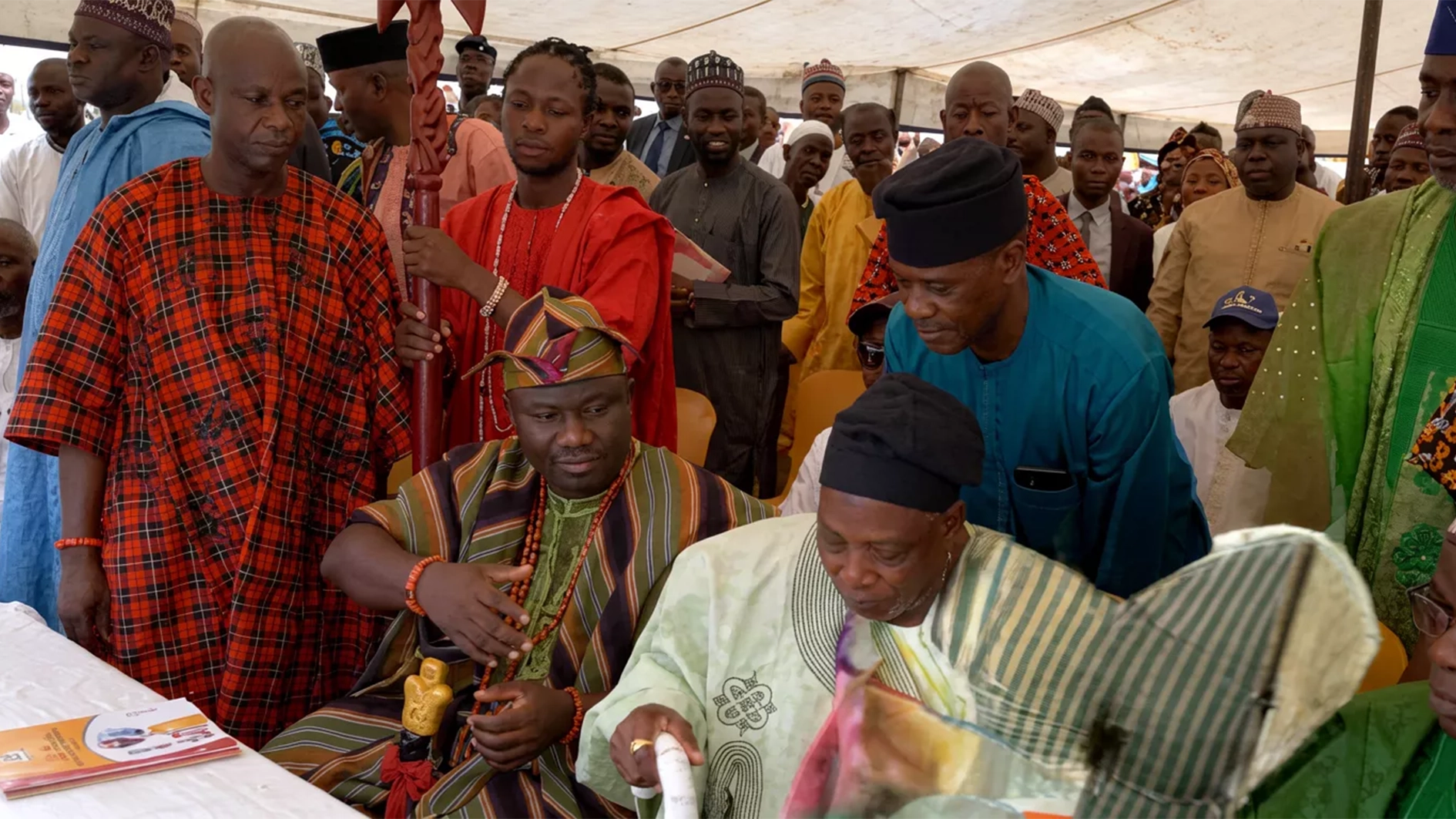British American Tobacco (BAT) Nigeria has issued a bold invitation to both public and private sector leaders to join hands in mainstreaming Environmental, Social, and Governance (ESG) principles as the foundation for Nigeria’s industrial and economic transformation.
Speaking at the Green Business Breakfast Meeting held at the John Randle Centre in Onikan, Lagos, Odiri Erewa-Meggison, Director, External Affairs, BAT West and Central Africa, positioned the company’s longstanding commitment to ESG as a call to collective action, championing a future where profitability aligns with purpose.
In her remarks at the event, Erewa-Meggison highlighted the urgency of confronting climate change through practical collaboration, shared responsibility, and long-term thinking. She emphasized that BAT’s resolve to drive sustainability is more than a corporate policy, saying it is a cultural imperative, deeply rooted in the company’s vision to build “A Better Tomorrow.”
Central to this vision is BAT Nigeria’s co-convening of the ESG Forum, a pioneering multi-sector platform that has, over the past two years, grown into Nigeria’s leading private-sector-led ESG advocacy and action group. Now in its third edition, the ESG Forum provides a space for diverse stakeholders to bridge the knowledge gap in sustainability practices, foster meaningful partnerships, and drive measurable impact across industries.
One of the Forum’s most transformative achievements is the launch of the Young Professionals Fellowship (YPF), a six-month mentorship programme that equips rising talents with the skills and exposure needed to lead in the evolving ESG landscape. According to Erewa-Meggison, initiatives like the YPF are vital in closing the talent deficit Nigeria faces in its green economy transition.
She reaffirmed BAT Nigeria’s deepening commitment to environmental and operational sustainability, citing the company’s zero-waste-to-landfill status at all operational sites, ongoing water recycling processes, and its trajectory towards achieving 100 percent renewable electricity by 2030. She also noted BAT’s exemplary workplace safety record, zero lost-time incidents since 2021, as proof that environmental integrity and employee well-being are not mutually exclusive.
Erewa-Meggison, in her closing, celebrated the alignment between Lagos State’s climate strategy and BAT Nigeria’s ESG vision. She described the ESG Forum as a living laboratory where private innovation meets public ambition, and reiterated BAT’s readiness to collaborate on clean energy initiatives, ESG upskilling, and circular economy innovations that are inclusive and future-ready.
“This is no longer about ticking boxes. It’s about building an ecosystem where ESG becomes the foundation of competitive, responsible, and regenerative enterprise in Nigeria,” she said.
Addressing the audience, which included top policymakers, impact investors, and climate advocates, Titi Oshodi, Special Adviser to the Governor of Lagos State on Climate Change and Circular Economy, echoed Erewa-Meggison’s call for action, praising BAT Nigeria and other corporate partners for moving beyond rhetoric to tangible action.
In her words, “We are not just building a climate strategy; we are building a green economy. What BAT and the ESG Forum represent is the kind of bold thinking and deep commitment that Lagos State needs to advance our climate goals. From green bonds to clean cookstoves, our policies are designed to support businesses that dare to lead with purpose.”
Oshodi emphasized that Lagos is already at the forefront of climate innovation in Africa, citing initiatives like the ₦14.815 billion Green Bond and the 80 Million Clean Cookstove Project, which provides clean energy to underserved households while creating jobs and reducing emissions. She called EcoNexus “the engine room for transformative partnerships,” and invited businesses to see sustainability not as a cost center but as a new growth frontier.
Taking the conversation further, keynote speaker Dr. Tunde Lemo, Chairman of Lambeth Capital and former Deputy Governor of the Central Bank of Nigeria, stressed the financial value of sustainability. In a compelling address titled “The Urgency of Now,” Lemo argued that climate action is no longer a moral obligation alone, adding it is an untapped economic opportunity.
“Carbon is now an asset class,” he declared. “Through the Paris Agreement Crediting Mechanism, Nigeria has the capacity to earn billions annually from compliance-grade carbon credits. Projects like the 80 Million Clean Cookstoves are not charity; they are climate-smart, finance-backed models that can deliver 2x annual ROI for investors.”
Lemo challenged both regulators and investors to prioritize PACM-aligned projects that link Nigeria’s environmental policies to sovereign carbon markets. He called on financial institutions to develop climate-specific investment tools and risk guarantees that would accelerate green entrepreneurship and infrastructure






